Description
“Potato Harvest” by Jan Zoetelief Tromp is a warm, intimate portrayal of rural Dutch life. Tromp, a Dutch artist celebrated for his genre scenes, painted this work in a naturalistic style that vividly captures the simplicity and beauty of everyday labor. The scene shows a family gathering potatoes from a sunlit field, with gentle, golden light emphasizing the harmony between the people and their environment.
In this painting, Tromp’s characteristic soft color palette and loose brushwork bring an inviting, almost nostalgic quality to the image. The family is working together to gather potatoes, rendered in soft, impressionistic brushstrokes that evoke warmth and simplicity. Tromp has used a muted color palette of earth tones, which creates a harmonious and grounded atmosphere. The sun casts a warm light on the workers, illuminating their forms and highlighting the details of the field, baskets, and soil. Tromp’s work here reflects his affection for the rural Dutch countryside and its people. He captures a fleeting moment of shared labor, honoring both the beauty and resilience of peasant life.
Jan Zoetelief Tromp (1872–1947) was a Dutch painter known for his warm, idyllic depictions of rural life in the Netherlands, especially focusing on scenes of family and community. Born in Batavia (now Jakarta, Indonesia) to Dutch parents, he moved to the Netherlands at a young age. Tromp was partially deaf from an early illness, which perhaps heightened his sensitivity to the visual world and influenced his later artistic focus on intimate, quiet moments. Tromp studied at the Royal Academy of Art in The Hague, where he was influenced by the Hague School—a group known for their realistic portrayal of landscapes and peasant life. His work is characterized by a soft, natural color palette and a tender portrayal of village scenes, particularly of children and families in peaceful, domestic settings. He often painted in rural areas like Katwijk and Laren, capturing the simplicity and warmth of country life. Tromp’s paintings were well-received in both the Netherlands and abroad, appreciated for their gentle realism and human-centered scenes.
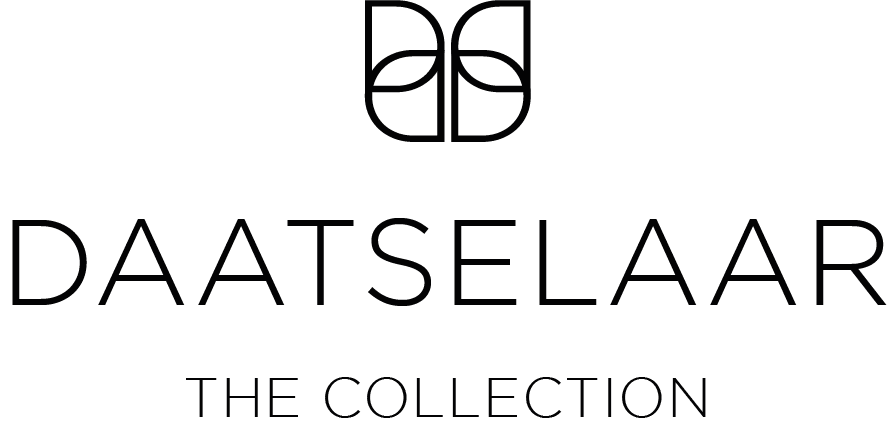
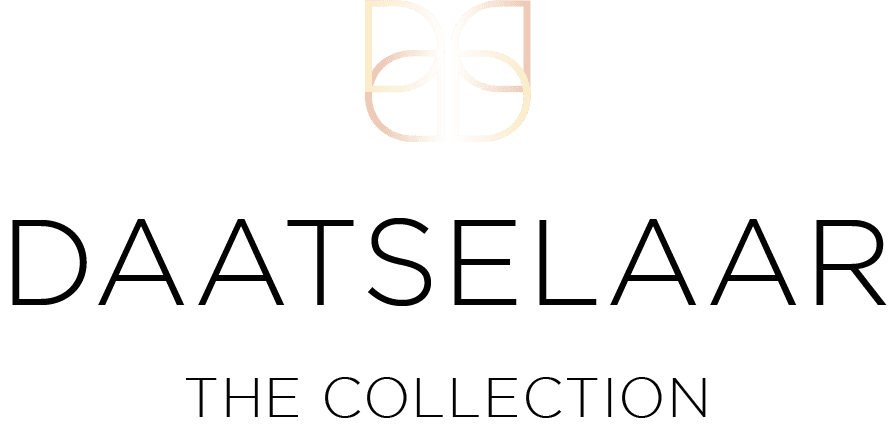
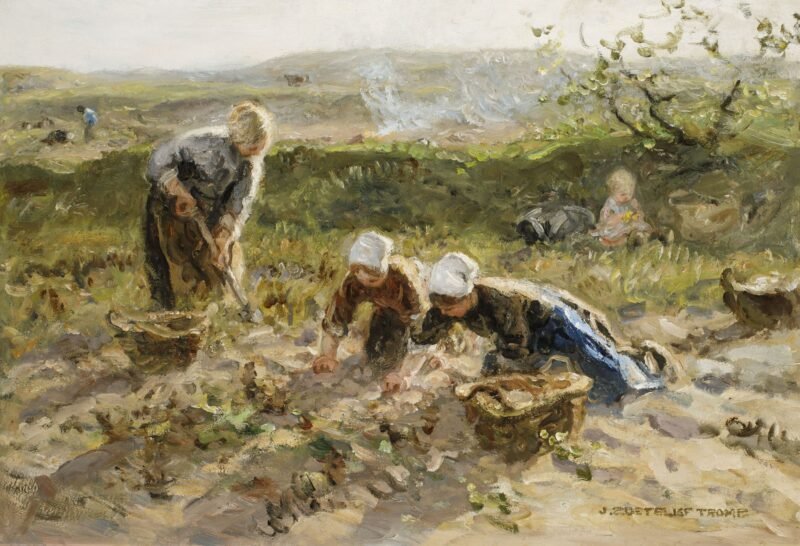
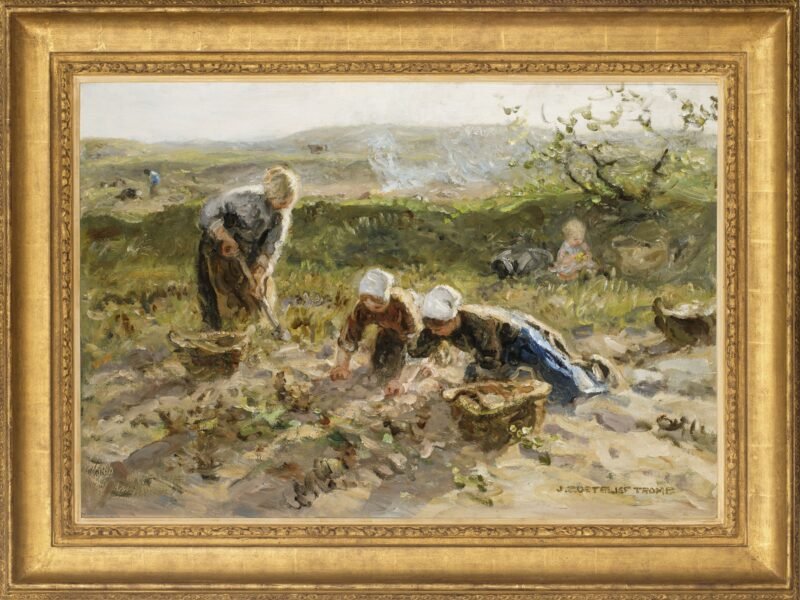
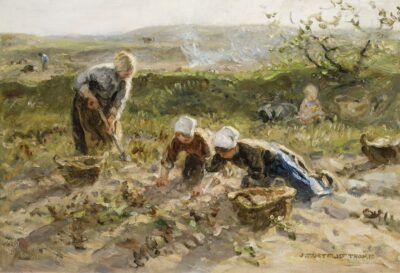
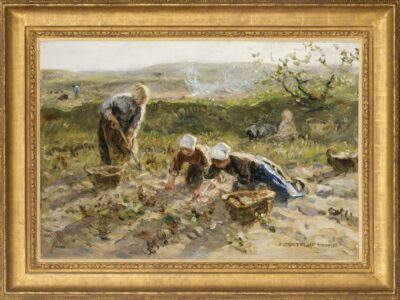
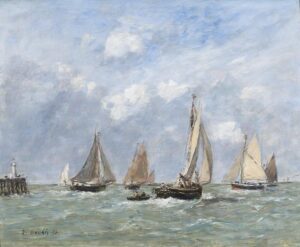
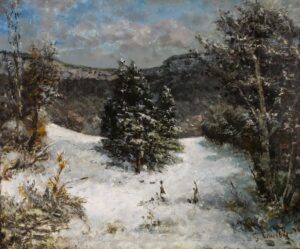

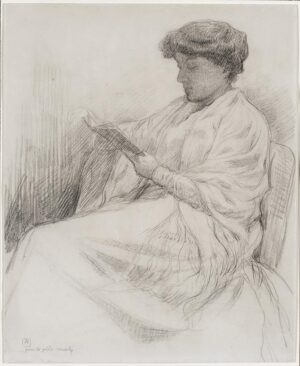
Reviews
There are no reviews yet.